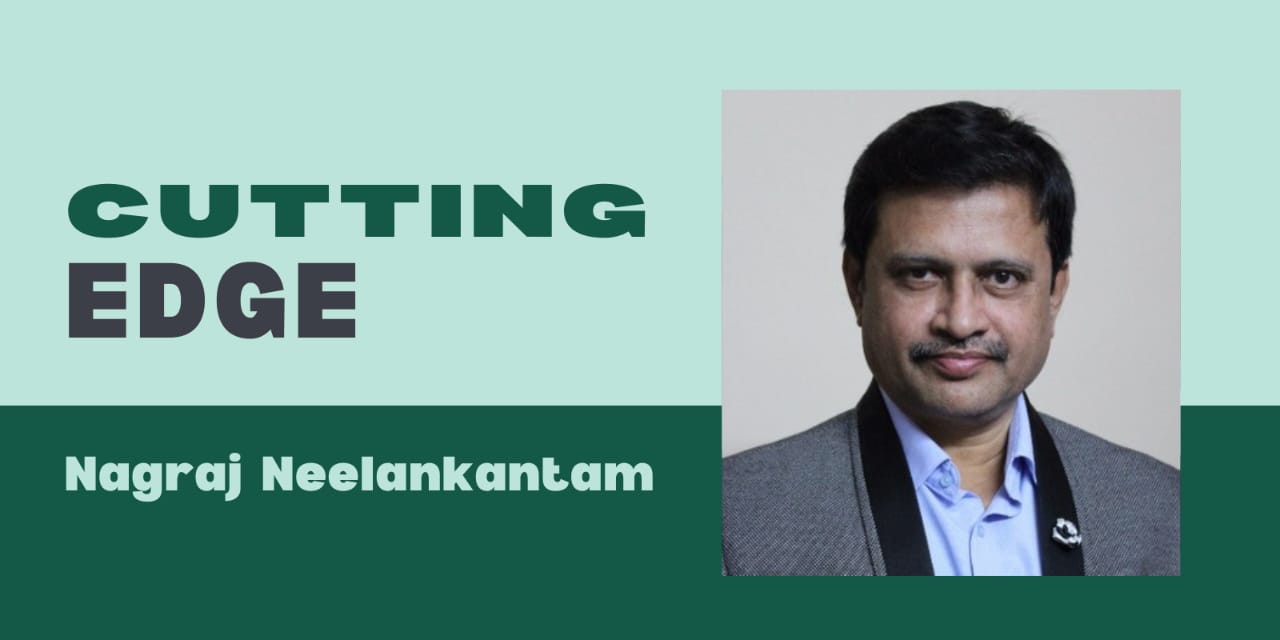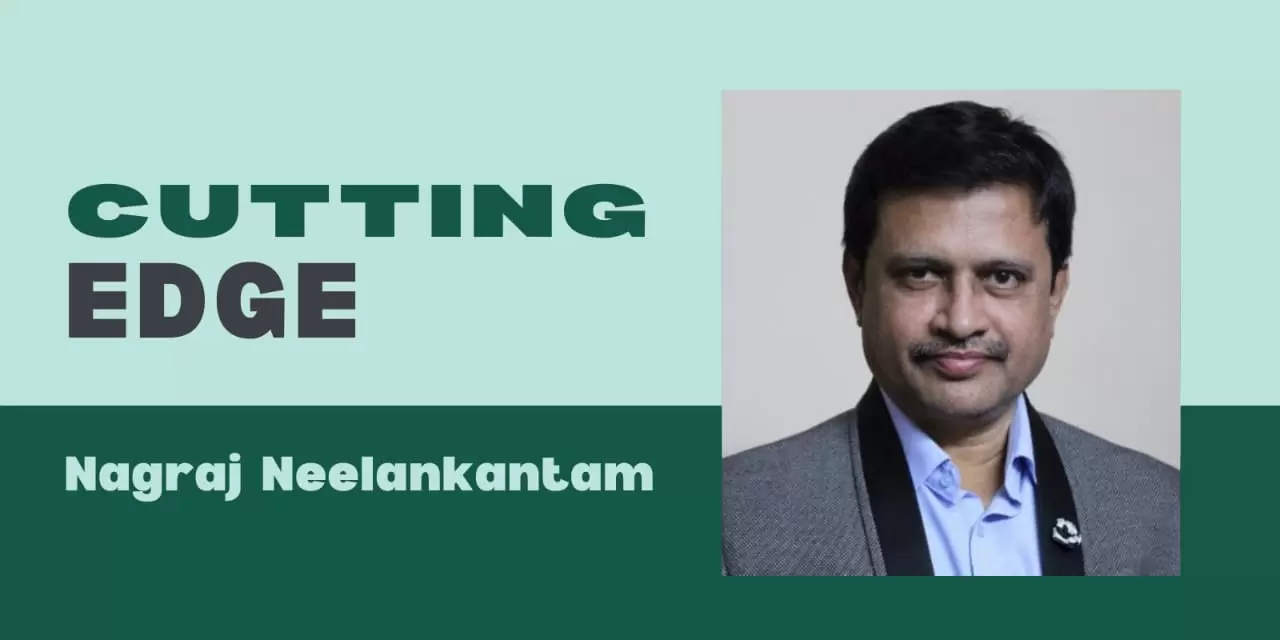The global order today is at a decisive inflection point. The era of domination by a select few nations is receding, giving rise to a multipolar world grounded in fairness, respect, and sovereignty. The political independence that followed decolonization may have changed flags and rulers, but it seldom altered global attitudes. For decades, Western alliances—led by the United States through NATO—continued to dictate the world’s political, economic, and security narratives to serve their own interests.
That monopoly is now breaking. The COVID-19 pandemic exposed the fragility of global systems built on unilateral control. As supply chains fractured and nations reevaluated dependence on Western frameworks, a new consciousness began to emerge—one rooted in cooperation, mutual respect, and strategic self-reliance. At the heart of this awakening stands India.
Under Prime Minister Narendra Modi, Indian diplomacy has evolved from regional caution to global stewardship. New Delhi’s insistence on strategic autonomy and transparent partnerships—particularly through the BRICS framework—has earned India the trust of the Global South. India’s approach is not to oppose but to propose; not to dominate but to harmonize. Its engagement with Russia, China, Brazil, and South Africa has fostered a parallel narrative—of sovereign development without debt traps or coercion.
India’s diplomatic reassertion is matched by decisive security posturing. The surgical strikes and the Balakot air operation sent an unmistakable message: restraint is not weakness, and patience is not passivity. After decades of tolerating cross-border provocations, India demonstrated the resolve to defend its citizens while maintaining its commitment to dialogue. This balance of firmness and fairness transformed India’s global image—from a cautious actor to a credible stabilizer.
Beyond land borders, India’s maritime reach reflects its expanding strategic horizon. The Mediterranean Sea—long dominated by Western powers—has witnessed India’s calibrated naval presence, asserting that sea lanes are global commons, not monopolies. Collaborations with Greece and Egypt underscore India’s advocacy for open, equitable maritime access. This quiet assertion of maritime parity mirrors India’s broader diplomatic stance: confident, cooperative, and fair.
Afghanistan presents another testament to India’s balanced foreign policy. Its engagement around Bagram Air Base symbolized not military ambition but humanitarian commitment. Even amid political upheaval, India continued supplying food, medicine, and education aid, respecting Afghanistan’s sovereignty while ensuring that its people were not abandoned. For many in the Islamic world, India’s inclusive and non-sectarian outreach offered a striking example of faith-neutral diplomacy.

India’s redefined global role extends beyond geopolitics to human development. Across Africa, Indian teachers, doctors, and engineers are building schools, hospitals, solar grids, and digital networks that uplift local economies. Through Vaccine Maitri, India delivered life-saving doses to over 150 countries, reaffirming that compassion—not competition—drives its global engagement. From rescuing civilians in Yemen, Sudan, and Ukraine to leading sustainable initiatives like the International Solar Alliance and the Coalition for Disaster Resilient Infrastructure, India has proven that moral leadership outlasts military power.
India’s regional diplomacy similarly aims at fortifying South Asia’s stability against external manipulation. While deep-state interference and regime-change operations have destabilized many regions, India’s pragmatic outreach has strengthened its neighborhood. In Sri Lanka, affordable housing and digital projects have fostered recovery; in Nepal and Bangladesh, energy and infrastructure integration have deepened economic resilience. By investing in the stability of its neighbors, India invests in collective security.
This philosophy flows from India’s civilizational ethos—Vasudhaiva Kutumbakam, the world as one family. It is not a slogan but a strategic doctrine. India’s developmental model is organic, blending modern technology with traditional wisdom to promote sustainability over exploitation. Its climate initiatives and equitable financing advocacy are proof that economic ambition can coexist with environmental responsibility.
As dependency-based systems lose moral legitimacy, India’s transparent, needs-driven partnerships stand out. The growing coherence among BRICS nations—especially India, Russia, and China—demonstrates that peace can be anchored in multidirectional trust rather than military alignment. The Global South, long marginalized, is no longer begging for a seat at someone else’s table; it is building new ones where equality, not hierarchy, prevails.
The world stands at a moral crossroads. One path extends the legacy of economic coercion and unilateral domination. The other—championed by India—charts a future defined by dignity, sovereignty, and sustainable cooperation. India’s rise, therefore, is not about catching up with the West, but about leading the world toward a more humane and balanced order.
The resurgence of the Global South is not a rebellion; it is a renaissance—a long-overdue restoration of equilibrium. Through vision, restraint, and conviction, India has proven that genuine leadership is not about commanding others, but empowering them to rise. In reclaiming global balance, Bharat has not just found its voice—it has helped the world rediscover its conscience.






